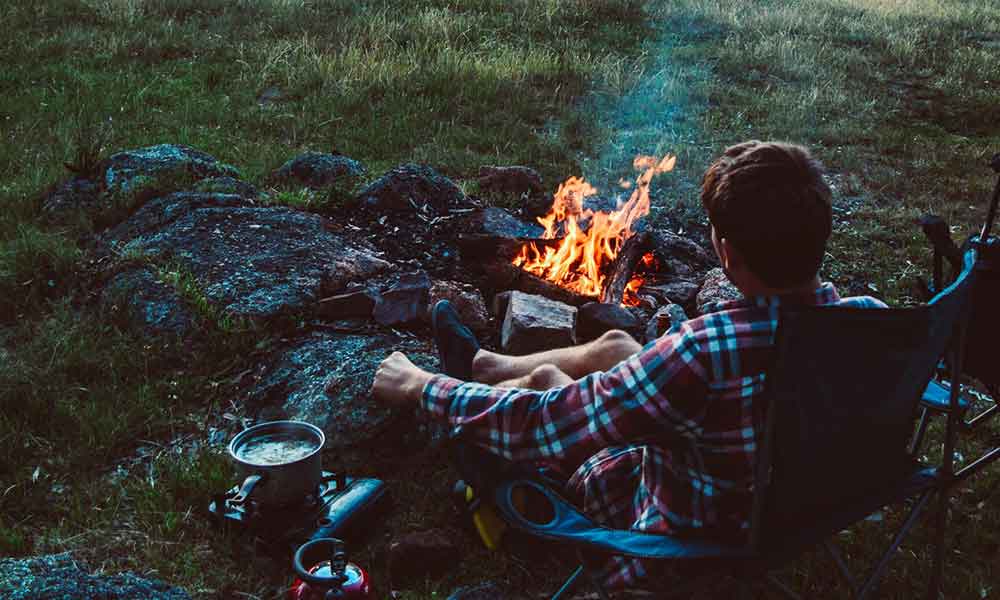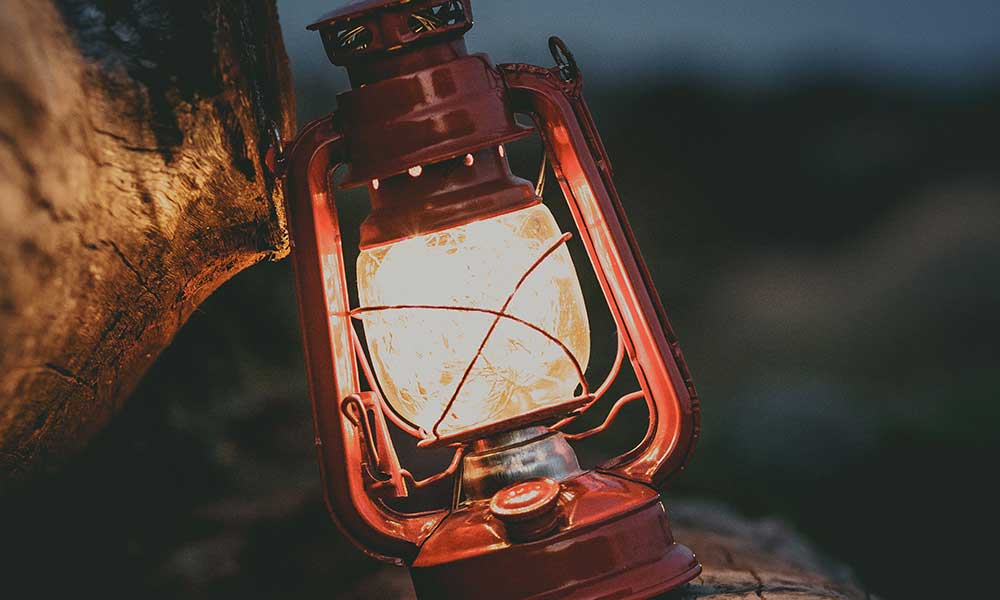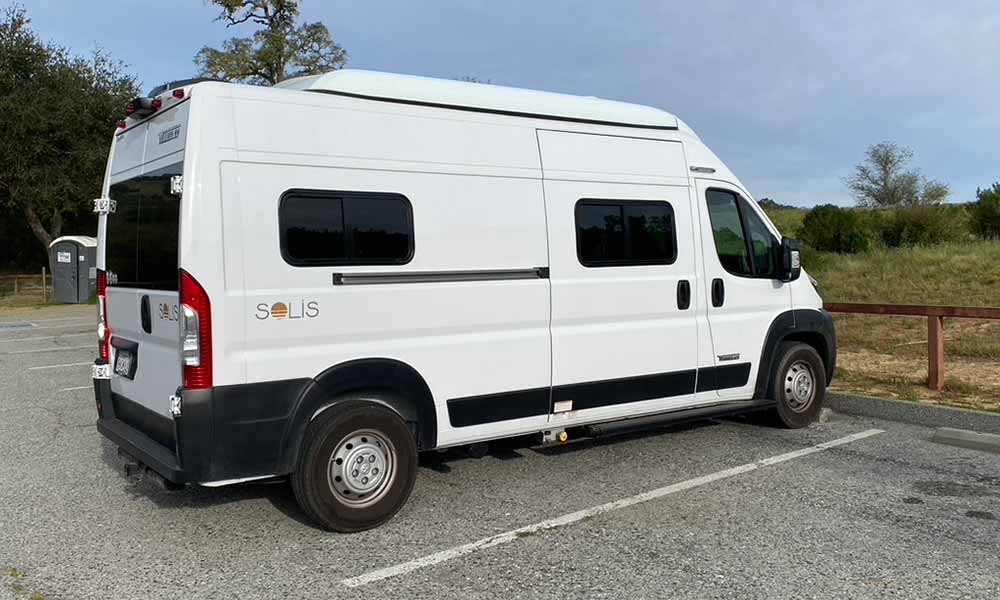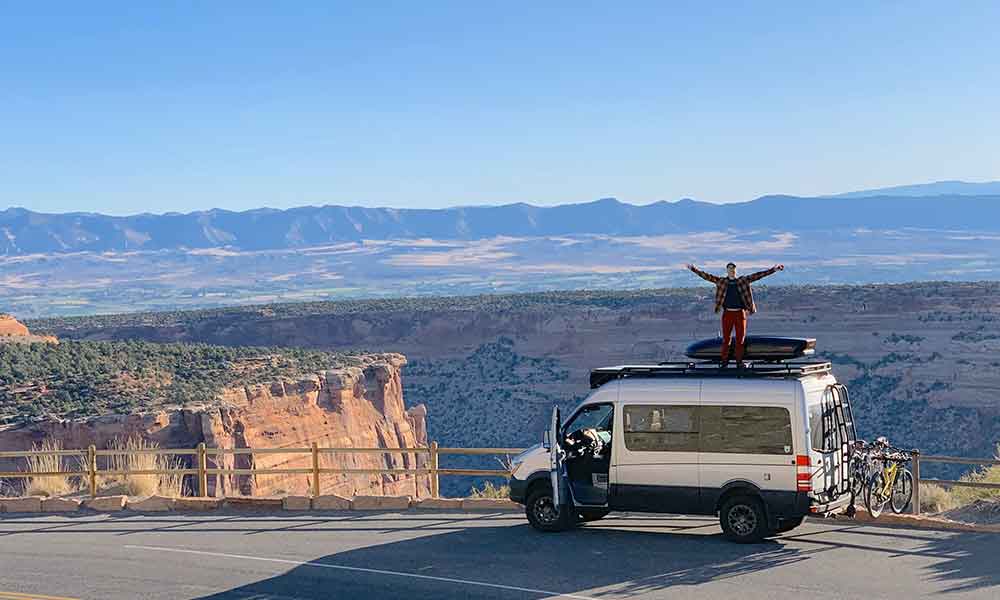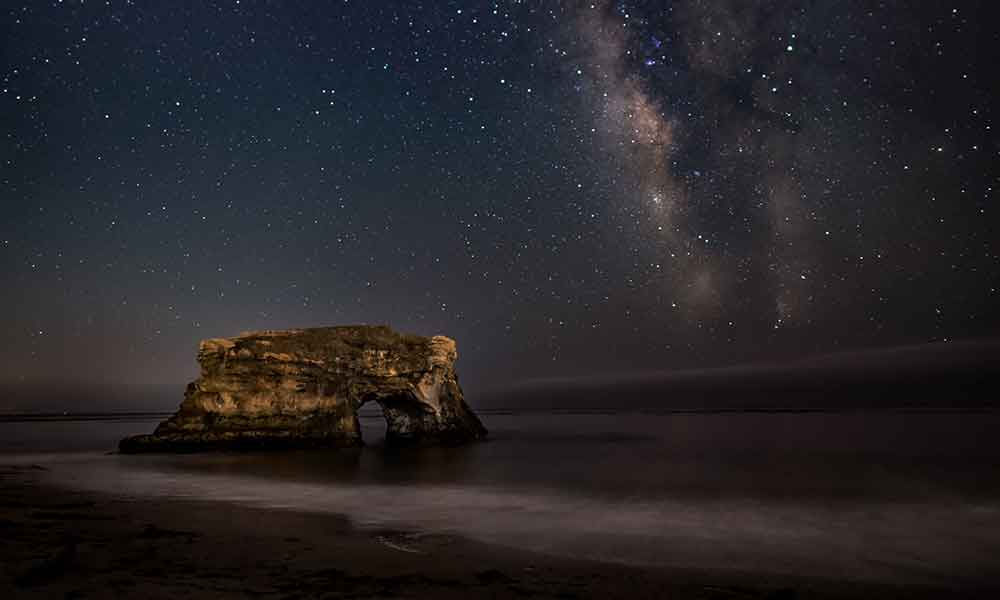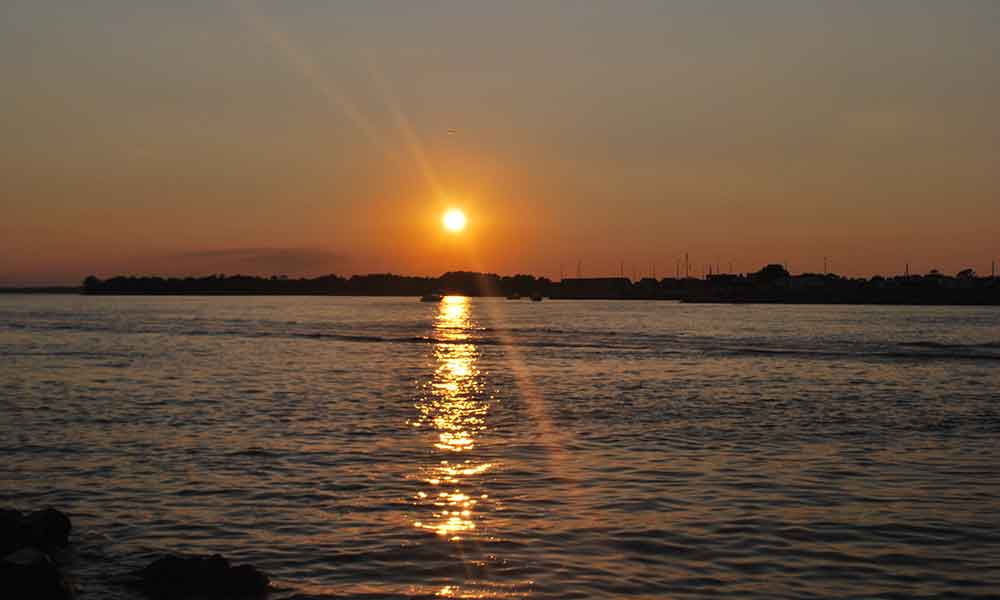Camping is a fantastic way to leave the pressures of life behind, travel to a vacation destination, and recharge your batteries. We are not alone with this view because, in 2020, 47.94 million Americans did just that. Many people end up at a formal RV site, while more and more families opt to cut the apron strings and embark on a dry camping holiday.
Dry camping, also known as boondocking, means taking a holiday cut off from all the modern conveniences of water and electricity. Dry camping means you are not plugged in, whether it’s picking a spot next to a gently flowing stream, in the woods, or stopping in a Walmart parking lot.
The great thing about owning an RV or tent equipment is that you have the freedom to choose where you go. Although RV parks offer a wide range of facilities that add to the enjoyment of your holiday, sometimes it’s essential to get away from it all, and if that’s your choice, this article tells you how.
How Do You Go Dry Camping?
If you usually spend your RV holidays at RV parks, camping without connections can seem a little frightening.
If you carefully plan your time away and conserve your resources, it is incredible how quickly you will learn the ropes and start camping like an old salt, shunning the bright lights to spend time in the peace that nature offers.
To help you, we have prepared a few pointers which you can follow to make your time away stress free.
How Do You Use Water When Dry Camping?
Sourcing and conserving water is one of the essential considerations for the dry camper.
Whether you are camping in a remote forest or simply parking in a mall’s parking lot, you need to ensure that you have sufficient supplies of clean water.
Make Sure You Have Enough Water When Dry Camping
The words “Water, water everywhere, and not a drop to drink” from Samuel Taylor Coleridge’s rhyme of “the Ancient Mariner” can apply very aptly to some dry camping destinations.
Even if you are going to be camping by a lake or mountain stream, never assume that the site has clean, drinkable water.
Before leaving home, make sure that the RV Water Tank is sanitized and can carry water that is fit for consumption.
If clean, fill the tank to maximum capacity from your home. It’s always a good idea to also take some 5-liter bottles of water.
When You Are Dry Camping, Carefully Ration The Water
It may not be the most popular suggestion if you have teenage daughters.
It is, however, vital that you ration the water usage to ensure it lasts for the length of the holiday.
Start by working out the size of your water tank, and then divide this by the number of days you will be away.
Before the trip, run the faucets and shower into a measured container for 1 minute each. Measure the amount of water collected and compare this to the daily usage you previously worked out.
Using simple maths, you can calculate the time anyone can run the shower and faucets. Turn off the shower between showering steps if the water supply is marginal.
You won’t be popular, but people with longer hair ‘may want to use a dry shampoo instead of washing their hair in the shower.
When dry camping, regularly check the RV water tanks meter to monitor the amount left in the tank. If you reach the halfway mark of the holiday and the tank is still three-quarters full, you are in good shape. If there is less than half the water left, you need to take more steps to conserve water, perhaps taking bourbon neat?
Conserve Your Wastewater Capacity On A Dry Camping Holiday
You don’t want to leave any evidence that you were at a dry camping site. It is not for legal reasons, but rather ensuring you act responsibly and not contribute to the pollution problem.
As much as you must plan for the water you use on holiday, you also need to consider the size of your grey tank. If your RV’s grey tank is smaller than your freshwater tank, you will have to manage this as well. Check the RV manual to find out both tanks’ capacities.
Although some water, such as water used for drinking (remember that bourbon) and preparing the meal, does not flow to the grey tank, the rest does, and you need to plan for that.
Before you leave, ensure that the RV’s grey tank/s are clean and empty. While en route to the dry camping holiday site, try not to use the RV water supply or waste units. When you are traveling, make use of gas stations for water needs.
If you need to use the waste tank, try to empty this before you get to your dry camping destination. Most gas stations, state parks, national parks, private campgrounds, or even a select few mall parking lots have facilities for this. The goal is to arrive at the dry camping site with a full fresh water tank and an empty grey tank.
How Do You Manage The Black Water On A Dry Camping Holiday?
The black water tank is generally the smallest, and the contents are less talked about!
The same recommendation to start with a clean empty tank and using gas station ablution facilities applies to black tanks.
Once again, if someone has “to go” during the trip to the dry camping site, try to empty the contents before you get to the destination.
Make sure you only consume fresh food and clean water. The last thing you need is to catch a bug while dry camping. Not only will it potentially ruin the dry camping holiday, but the black tank will fill faster.
However, it isn’t easy to control how often the contents are added to, so keep an eye on the levels. If it’s getting too full, and you still have time left at the dry camping site, you may consider breaking camp and finding a suitable place where you can empty it.
Organize Your Power Supply For The Dry Camping Holiday
If you can manage without electricity, it will make logistics so much easier.
The reality is that you probably will need electricity to run the refrigerator/freezer and possibly an air-conditioning unit. Depending on the RV’s installed capabilities, whether they be a gas-powered generator or batteries which need to be recharged, try to keep electricity usage as low as possible.
We suggest investigating the advantages and disadvantages of solar power vs. gas-powered generators.
There is a case to be made for each, and often the optimal solution is to use both options.
Whatever the case, ensure that you have sufficient gas supplies to keep the gas generator running for the duration of the dry camping holiday and that the batteries are fully charged when you leave home.
Leave The Dry Camping Site In Good Condition
Apart from being environmentally considerate, it is a kindness to leave the dry camping site in a better condition than when you arrived.
Before leaving home, make sure you have more than enough storage receptacles (garbage bags) to carry all your waste. Get the whole family in the habit of throwing all used containers, paper towels, empty food cans, soda drink containers, etc., into the nominated garbage bags.
When you are stocking up on supplies, try to buy items stored in eco-friendly containers.
There are probably no garbage dumpsters or bins at a dry camping site, so plan on taking your garbage back home. You can always dispose of it at a gas station on the way back.
There are some definite no’s that you should comply with regarding waste disposal.
Don’t Dig A Hole To Dispose Of The Waste.
Apart from being environmentally irresponsible, a wild animal may dig it up and possibly become ill or die from eating the rubbish.
Don’t Burn It
Don’t, under any circumstances, start a fire to burn the rubbish.
- Plastic doesn’t burn and trying to burn it releases toxic chemicals into the atmosphere.
- The ashes left from burning the rest remain a contaminant at the dry camping site.
- The fire may accidentally spread, and you could be responsible for a state-wide catastrophe.
Conclusion
Many people enjoy spending their off time at an RV site with the conveniences it offers. Others of us prefer to go on the road less traveled, which may entail dry camping.
It is highly recommended to vacation this way if you prepare correctly and take certain precautions while on the dry camping holiday.

